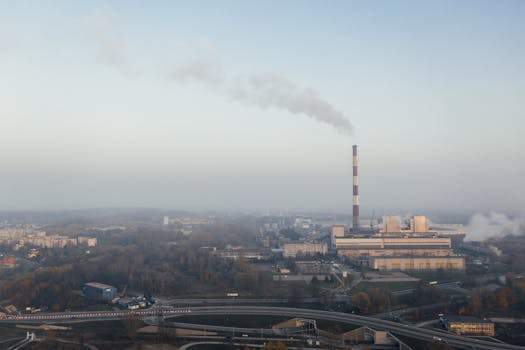
The Impact of Climate Change on Climate Change Global Ecosystems
Climate change is one of the most pressing issues of our time, with far-reaching consequences for the health of our planet. Climate Change is having a profound impact on global ecosystems, leading to rising temperatures, more frequent natural disasters, and altered species distributions. In this article, we will explore the effects of climate change on global ecosystems and what we can do to mitigate its impacts.
What is Climate Change?
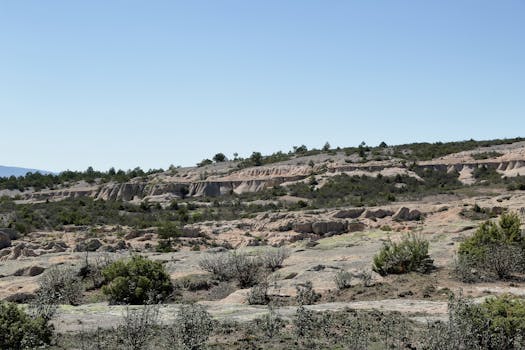
Climate change refers to the long-term warming of the planet due to an increase in average global temperatures. This warming is primarily caused by the increasing levels of greenhouse gases in the Earth’s atmosphere, such as carbon dioxide and methane. These gases trap heat from the sun, leading to a rise in global temperatures.
Impacts of Climate Change on Global Ecosystems
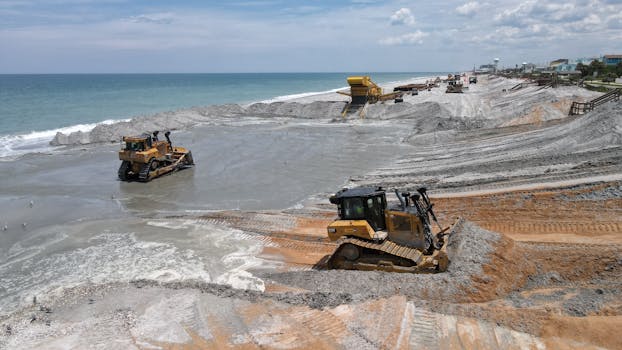
The impacts of climate change on global ecosystems are widespread and varied. Some of the most significant effects include:
- Rising sea levels and coastal erosion
- Changes in precipitation patterns and increased risk of droughts and floods
- Alterations to species distributions and extinctions
- Disruptions to food chains and ecosystems
Consequences for Human Societies
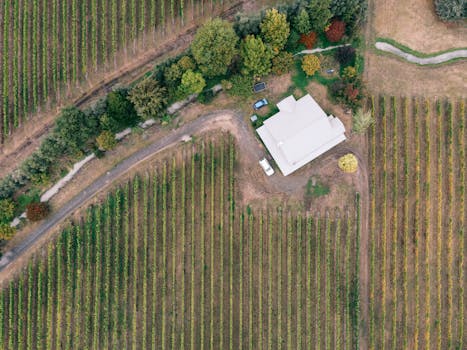
The consequences of climate change for human societies are significant. Climate change can lead to:
- Food and water scarcity
- Increased risk of natural disasters and displacement of communities
- Economic losses and damage to infrastructure
- Negative impacts on human health and well-being
Conclusion
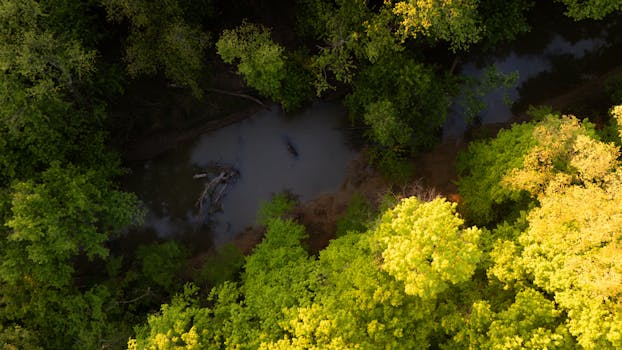
In conclusion, climate change is having a profound impact on global ecosystems, leading to rising temperatures, more frequent natural disasters, and altered species distributions. It is essential that we take action to mitigate the effects of climate change by reducing our greenhouse gas emissions and transitioning to renewable energy sources. We must also work to protect and preserve our natural ecosystems, which provide essential services and support life on Earth.






